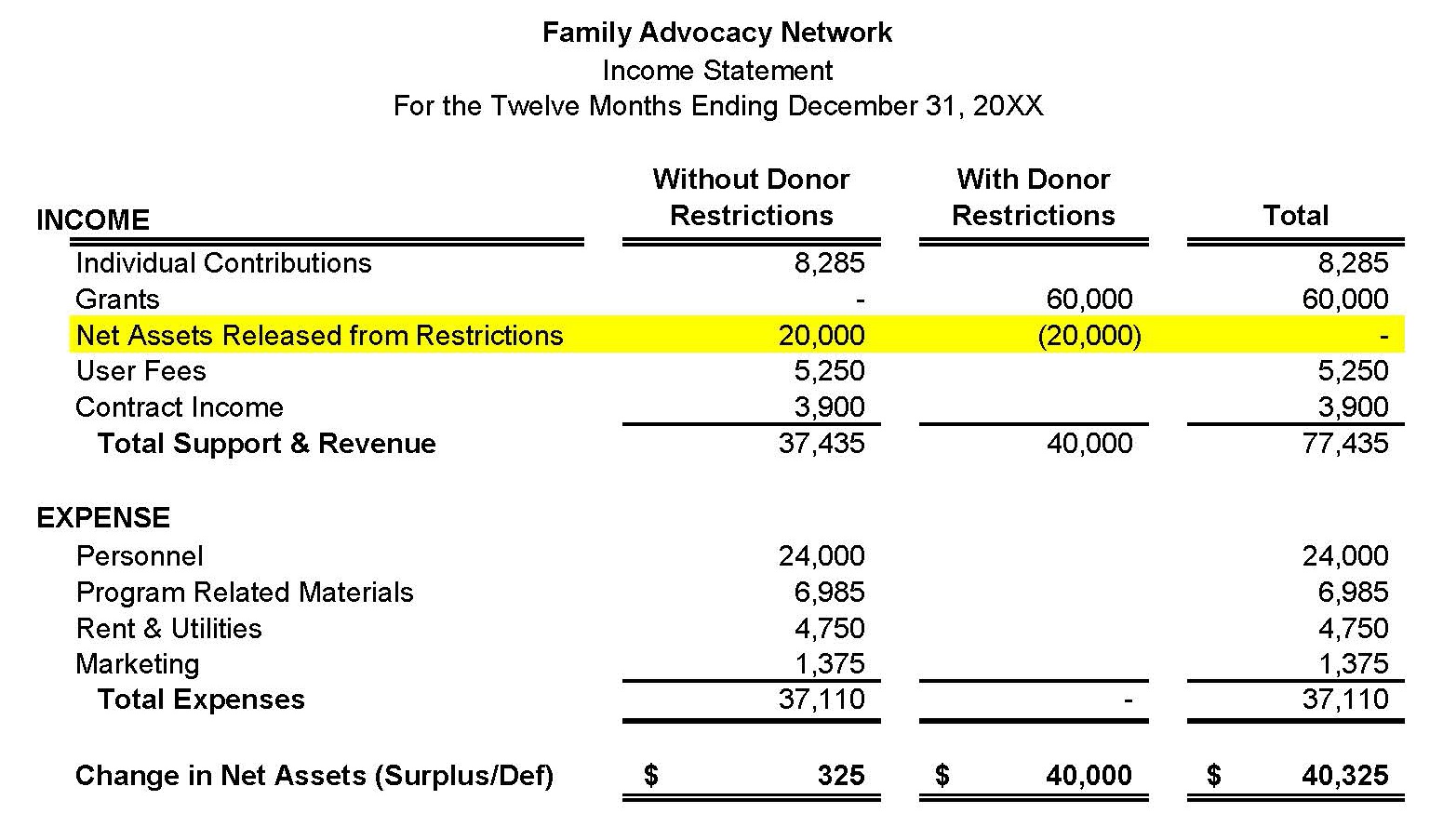Home>Finance>Performance Shares: Definition, Purpose, Restrictions


Finance
Performance Shares: Definition, Purpose, Restrictions
Published: January 7, 2024
Learn about performance shares in finance, including their definition, purpose, and restrictions. Enhance your understanding of this popular investment option.
(Many of the links in this article redirect to a specific reviewed product. Your purchase of these products through affiliate links helps to generate commission for LiveWell, at no extra cost. Learn more)
Welcome to our Finance Blog: Exploring Performance Shares
Are you looking for a way to enhance employee performance and incentivize your team? If so, you may have come across the term “performance shares.” In this article, we will dive deep into the world of performance shares, discussing their definition, purpose, and restrictions. By the end, you will have a firm understanding of how performance shares can impact your organization’s financial success.
Key Takeaways:
- Performance shares are company stock incentives rewarded to employees based on certain performance goals.
- They provide employees with a direct stake in the company’s success and can boost motivation and loyalty.
What Are Performance Shares?
Performance shares are a type of compensation that companies provide to their employees. Unlike traditional stock options, performance shares are granted to employees based on specific performance goals or metrics. These goals can be related to financial performance, operational targets, or individual achievements.
Performance shares offer a unique way to align employee interests with the company’s growth and success. By linking the stock rewards to performance outcomes, companies can motivate employees to work hard, achieve targets, and contribute to the organization’s overall performance.
The Purpose of Performance Shares
The primary purpose of performance shares is to align employee incentives with the company’s goals, thereby driving improved performance and shareholder value. Let’s explore some of the key reasons why companies choose to implement performance share programs:
- Employee Motivation: Performance shares can serve as powerful motivators. When employees see a direct correlation between their efforts and financial rewards, they are more likely to go above and beyond in their work.
- Talent Retention: By offering performance shares, companies can increase employee loyalty and reduce turnover. The potential for financial gain can make employees more committed to the company’s success, which ultimately benefits both parties.
- Performance Measurement: Performance shares provide a tangible way to evaluate employee performance objectively. The predetermined goals act as clear benchmarks, allowing companies to reward individuals based on their achievements.
Restrictions on Performance Shares
While performance shares can be an effective tool for motivating employees and driving performance, there are certain restrictions to consider. These restrictions are typically put in place to ensure fairness, prevent abuse, and protect the interests of both the company and the employees. Some common restrictions include:
- Vesting Period: Performance shares often have a vesting period, meaning employees need to stay with the company for a specific duration before they can fully take ownership of the shares.
- Performance Criteria: The performance goals must be clearly defined and objectively measurable to prevent disagreements or disputes.
- Forfeiture: In some cases, employees may lose their performance shares if they leave the company before the vesting period or fail to achieve the predetermined performance criteria.
In Conclusion
Performance shares can be a valuable tool for companies looking to enhance employee performance, boost motivation, and align employee interests with the company’s success. By understanding the definition, purpose, and restrictions associated with performance shares, you can make informed decisions about implementing such programs in your organization.
We hope you found this article helpful. If you have any further questions or would like to learn more about financial topics, feel free to explore other articles in our Finance category.














